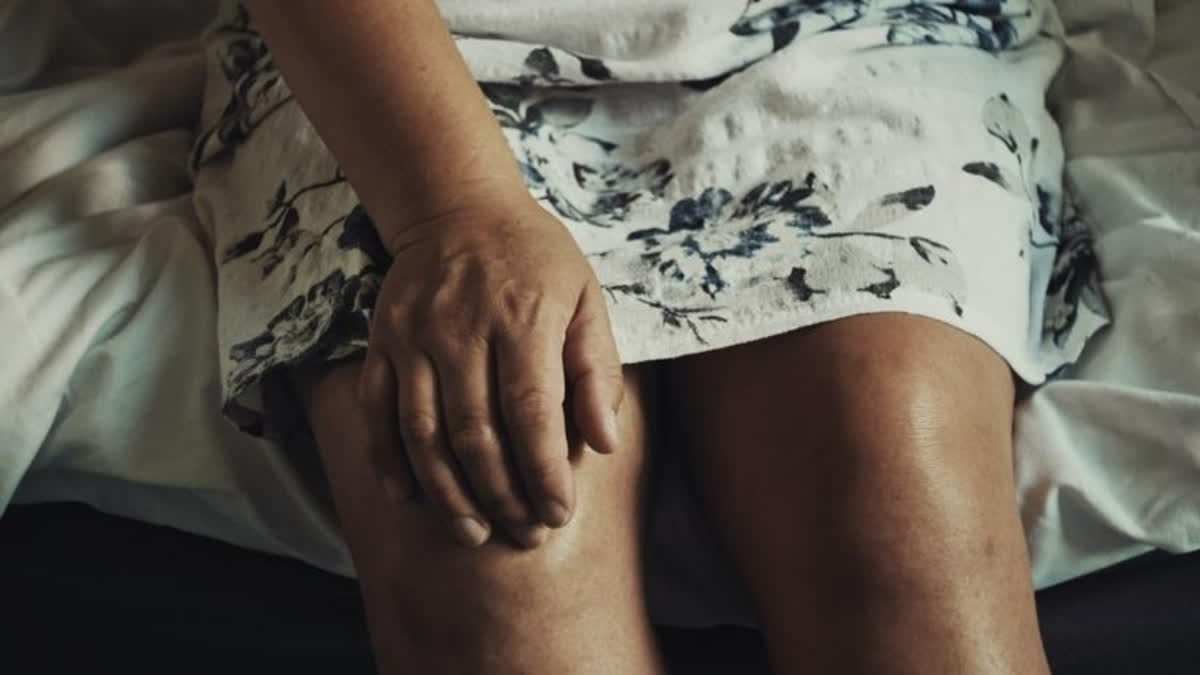New York: Scientists have created a promising injectable cell therapy to treat osteoarthritis that both reduces inflammation and also regenerates articular cartilage. Recently identified by the US Food and Drug Administration (FDA) as a public health crisis, osteoarthritis affects more than 520 million people worldwide who deal with pain and inflammation.
Osteoarthritis is typically induced by mechanical or traumatic stress in the joint, leading to damaged cartilage that cannot be repaired naturally. "Without better understanding of what drives the initiation and progression of osteoarthritis, effective treatment has been limited," said lead author Johanna Bolander of Wake Forest Institute for Regenerative Medicine (WFIRM) in North Carolina.
"Initially, we studied what goes wrong in osteoarthritic joints, compared these processes to functional environments, and used this information to develop an immunotherapy cell treatment," Bolander added. Osteoarthritis is a disease of the joint system. In healthy joints when an injury occurs, the body recruits an army of inflammatory cells and sends them to the injury site to contribute to cleaning of the damaged tissues. In the osteoarthritic joint, however, a traumatic injury leads to inflammation of the synovial membrane and cartilage damage.
"With time, the inflammation worsens, leading to degradation of the cartilage lining the joint bones and chronic inflammation in the surrounding tissues. For patients, this causes severe pain, swelling and often limits daily activities," said co-author Gary Poehling, an orthopaedic surgeon at Atrium Health Wake Forest Baptist.
